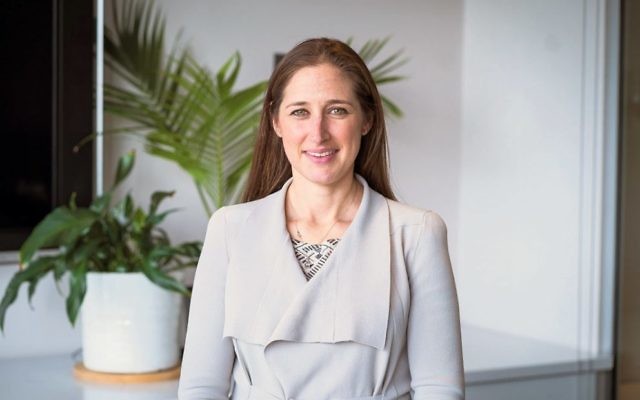Reality check with Nicole Small
- What are some key qualities that make a successful start-up?
Building a successful start-up is really hard. Most start-ups fail, even when they tick all the right boxes. In venture capital, the key qualities we look for when investing in a start-up include a capable founding team solving a real problem in a large and preferably growing market. It also needs to have a much improved solution than its competitors, that is unique and defensible, and a way to sell the product in market at scale.
- What is causing this sudden boom in start-ups?
There are a few trends converging to drive the boom in start-ups:
- It’s never been easier to start a software company, thanks to the rise of the internet and cloud computing;
- It’s seen as a cool thing to do, driven by hype and fanfare given to start-ups and their founders (think Steve Jobs, Mark Zuckerberg), and big valuations that some start-ups have achieved;
- New waves of technology disrupting traditional business models and businesses;
- Increased access to start-up support and capital.
- What are some crucial questions entrepreneurs must ask themselves before starting a start-up?
The media makes out that successful start-ups are overnight successes. However, this couldn’t be further from the truth.
Start-ups take years and years to become successful, with lots of ups and down along the way.
Questions you need to ask: Are you committed? Will you move overseas if needed? Will you (and can you) work for nearly nothing for years? Do you understand the problem you are solving? Do you understand who your target customers are? Why are you better than your competitors (there are always competitors!)? Why is your solution truly unique? How will you defend against competitors? How will you sell this product? How will you scale up selling this product?
- What are the most common mistakes that you have seen start-ups make?
A common mistake is not understanding the problem from their customer’s perspective. Founders are often biased to their own experiences and haven’t invested the time speaking with their target customers. One research technique that I’m a big fan of is Anthony Ulwick’s Jobs To Be Done methodology – using in-depth customer research, the methodology attempts to identify the customers’ underlying needs.
- Do you have a personal favourite start-up business?
My personal favourite at the moment is JigSpace. JigSpace allows users to create 3D animations that can be viewed in augmented and virtual reality environments, as well as online or on your mobile. Humans learn in 3D but all traditional learning materials are in 2D. JigSpace is operating in a market that is only just emerging, and was recently among a handful of apps that Apple had available for demonstration at their October product launch.
Rampersand is an early-stage venture capital fund specialising in late seed and Series A investments. www.rampersand.vc


comments